View all filters
Clear
Cum să împăiezi un corp
Sinopse
Sve sveri Poljske
Rečnik zatvorenika
Človek spet je brat človeku
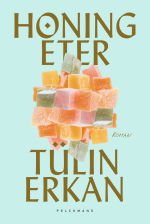
ARRIVALS / GELIȘ (Mangiamiele)
Torcidos
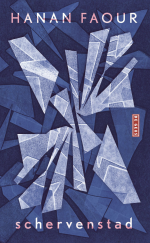
Miasto odłamków
Francamente, querida, me importa un bledo
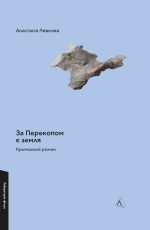
Přibližně v ten samý okamžik mě pohltilo město
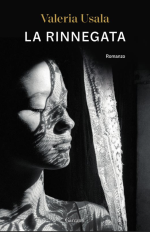
De verloochende
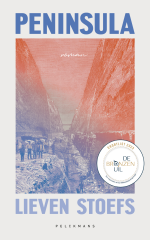
Коридор (Peninsula)

črepinjasto mesto

Corridor (Peninsula)
‘Hij bracht zijn gezicht tot vlak bij het hare, sloot zijn ogen en voelde haar lippen meteen tegen de zijne duwen. Een oud lied weerklonk door de straten. Een tel lang hielden elektronen op met suizen, vergat het licht zijn schrikbarende snelheid. In een flits kan een wereld vernield worden. Misschien geldt het omgekeerde ook: een blik, enkele woorden kunnen jarenlang wachten, een lawine aan verdriet verzachten.’
Met elegantie en trefzekere taal schetst Lieven Stoefs in Peninsula een familieportret van vier generaties. Van een trillend been bij een allereerste ontmoeting op een autobus, naar een zoektocht die een halve eeuw later langs een Grieks schiereiland, voetbalvelden en fabrieken schuift. Op indrukwekkende wijze verschijnt een wereld waar liefde en wanhoop onafscheidelijk zijn.
‘Alleen de rimpelingen in het water zien we, nooit de inslag, de steen die het oppervlak raakt.’
Lieven Stoefs is ingenieur en schrijver. Hij groeide op in Griekenland. In zijn schrijven versmelt een wetenschappelijke blik met poëtische taal. Zijn kortverhalen verschenen onder meer in Kluger Hans en Op Ruwe Planken. Peninsula is zijn debuutroman.